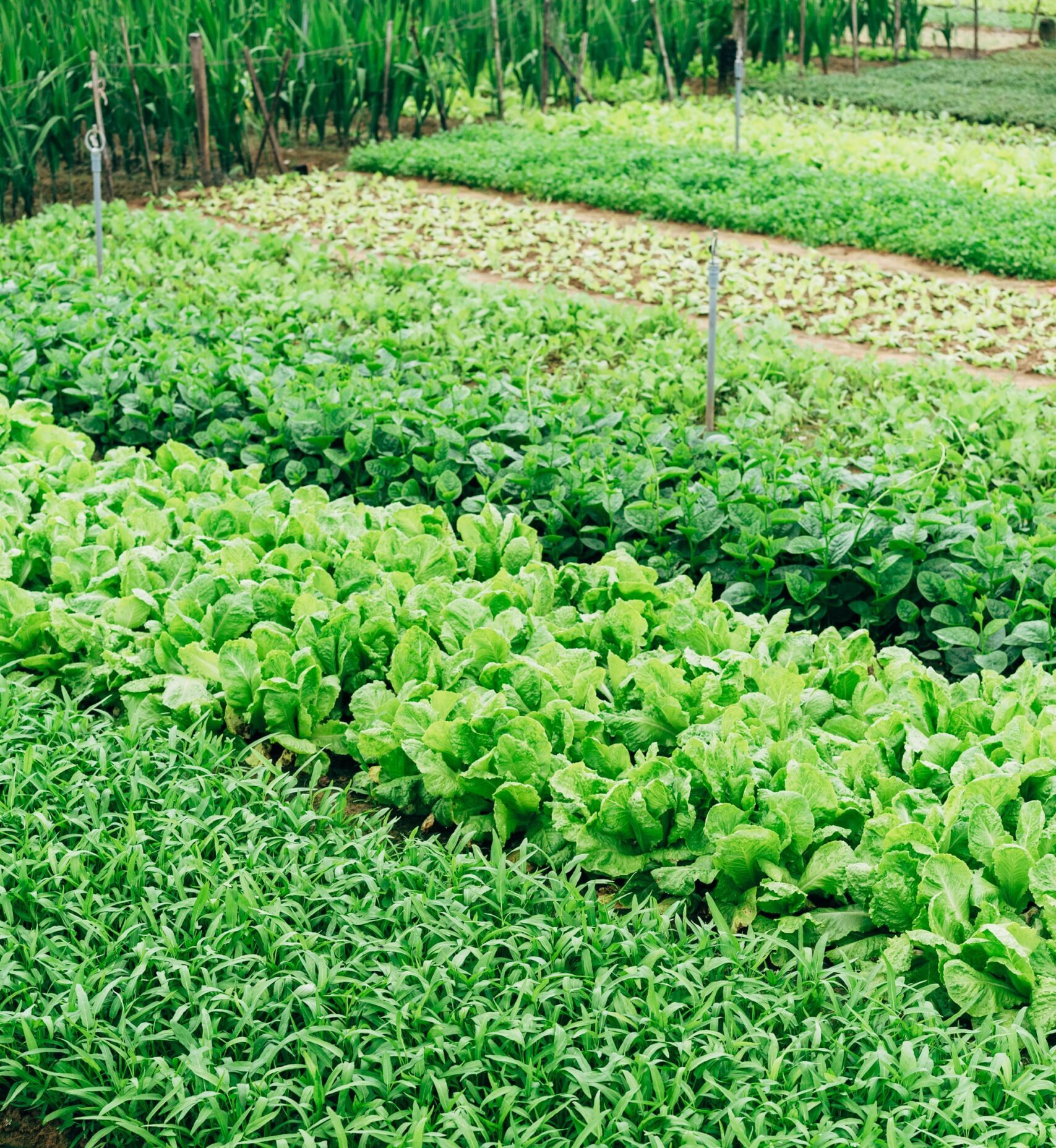It has been recently announced that communities around the world will once again be able to immerse themselves in live music this summer. Live music is beneficial for mental health issues, especially following a year of isolation. It is a meaningful experience for everyone involved. It sparks joy and creates inexplicable connections between people. However, concerts are not always the eco-friendliest pastimes. BBC reports that live music generates 405,000 metric tons of greenhouse gas emissions per year in the U.K. alone.
Sure, those who really care about combating climate change can make conscious choices when attending concerts, such as refusing to visit certain venues or deciding against the purchase of single-use plastics while at concerts. But what if venues make positive environmental changes in order to create a climate-conscious concert experience for everyone? Anyone who has seen music live before can attest to the fact that concerts are often chaotic, busy, and messy due to great numbers of people gathering in one place. With that being said, live music also has the ability to bring people together, create memories with close friends and family, and connect people to something bigger than themselves. This kind of mental boost is more important now after a post-pandemic year, as it is what many people have been yearning for. So, how can concert venues, artists, and guests make these events positive in one more way, one that helps save the environment?
Sustainability and earth-saving practices begin with the individual. When one person makes sustainable choices, they have the potential to cause a ripple effect which empowers other people to make the same choices. So, concert-goers have the ability to truly make a difference in how green concerts can be. A global sustainability study done by Live Nation Entertainment, an entertainment company that reaches audiences worldwide, concluded 82% of live music attendees strive to maintain an environmentally sustainable lifestyle. Similarly, a 2019 study by Ticketmaster revealed that “Two-thirds of festival-goers want to see festival waste reduced.” Surprisingly, their study also unveiled the fact that young people, who are typically the most concerned with climate change, are not the only ones represented in this survey, as more than half of over 55-year-olds stated they want to see waste at festivals reduced. People are now aware of climate change and thus more passionate about fighting it than ever before. With a substantial amount of people pushing for more environmentally friendly practices at concert venues, officials will have no other option than to acclimate.
Another force pushing for a greener concert experience is the artists themselves. Many artists are now insisting that venues implement environmentally friendly practices lest they perform somewhere else. A great example of this is singer, songwriter, and former professional surfer, Jack Johnson. Johnson is an active environmentalist and strives for progress in sustainability when it comes to his tours. During his 2008 tour, Johnson’s organization ensured that their tour was produced with as much environmental responsibility as possible. The Jack Johnson organization created a document of underlined actions that they requested venues to work with them on and urged said venues to continue to practice these actions in the future. These requirements are broken down into eight categories: waste management and recycling, carbon dioxide emission offsets, dressing rooms, production, front of house-general, front of house-concessions, fan/attendee interaction, and management offices and administrative/janitorial. The main points of action that venues must follow in order for Jack Johnson to perform include: providing adequate waste management and recycling containers throughout the facility, purchasing carbon offsets addressing all CO2 emissions resulting from the energy use of the show, providing water-efficient appliances dressing room/backstage facilities, converting light bulbs to compact fluorescent, turning down show lighting and speakers/monitors when no one is performing, and producing signage from non-PVC, recyclable and/or biodegradable materials, printed with soy-based inks where possible. Continuing in his fight to combat climate change, Jack Johnson also partnered with a non-profit organization All At Once for his 2017 tour. Together, they collaborated with community groups that support sustainable local food systems and plastic free initiatives. They collectively implemented elements such as water refill stations, reusable pint programs, usage of significantly fewer plastic straws, recycling and waste reduction. Sustainable traveling such as more carpooling, catering and concessions using sustainably sourced food, eco-friendly concert merchandise, and carbon offsets were also included.
Similarly, British rock band Coldplay made news in 2019 when they announced they would not be touring their album “Everyday Life” due to concerns about their environmental impact. As these artists continue to insist upon sustainable solutions for their tours, venues will become much more aware of the detrimental environmental impact they have with their current practices.
With these forces from attendees and artists pushing for a sustainable future, venues have already begun shifting their spaces in order to meet demands. Live Nation, a worldwide entertainment group who promotes, operates, and manages ticket sales for live events, announced their new Green Nation Touring Program early this year with a goal to enhance the sustainability of concert tours. Their focus will include aspects of planning, production, sourcing, and community. In order to actually track these effects, Green Nation will be establishing standardized impact measurement tools for worldwide operations. Live Nation venues have begun collaborations with other organizations with earth-saving motives. Finally, earlier this year, Live Nation partnered with Liquid Death, a beverage company which packages water in recyclable aluminum cans rather than plastic, to provide water at most of their events. Teaming up with a brand of this sort launches Live Nation ahead toward their goal of zero waste and phasing out single-use products.
Forward thinking and forward action towards a better planet are imperative. All different sectors must be on board in order to make effective changes and the live music realm is no exception. Fighting climate change can bring positive aspects, like the chance to creatively implement sustainable solutions as well as a better future for all. Live music is already a source of joy for many people as it inspires connection with others both big and small. Being able to make eco-friendly choices at concerts will bring even more comfort to attendees as well as create a brighter future for us all.
Get more like this—Sign up for our daily inspirational newsletter for exclusive content!
__
Photo: Globelet reusable via Unsplash





